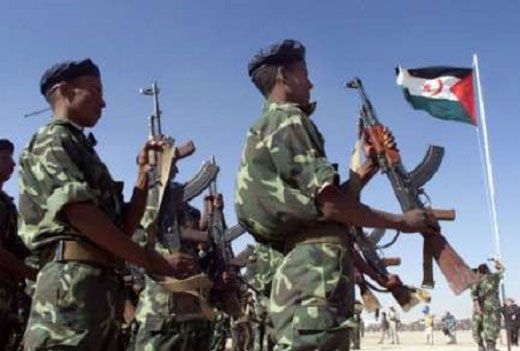The United Nations, an international organization aimed at promoting peace, has been hailed for its efforts in resolving conflicts and upholding human rights around the world. However, a notable flaw in its approach lies in its mission in Western Sahara, where the UN has failed to monitor human rights violations. This failure is not only a stain on the reputation of the United Nations but also on every nation that supported this mission without insisting on the monitoring of human rights. By neglecting to address human rights abuses, the UN and its supporters are perpetuating a cycle of injustice and undermining the very principles they claim to uphold.
What makes the UN mission in Western Sahara particularly troubling is the fact that it stands as the only mission where human rights monitoring has been disregarded. This omission is deeply concerning, as it suggests a lack of commitment to ensuring the well-being of the individuals residing in the region. Human rights are the foundation of peace and stability – prosperity. Without the fulfillment of basic human rights, there can be no lasting peace. By turning a blind eye to human rights violations, the UN is essentially neglecting a crucial aspect of its mission.

Moreover, the failure to monitor human rights in Western Sahara sends a dangerous message to other nations and conflict zones. It implies that human rights can be sidelined in the pursuit of political or strategic interests. This approach undermines the credibility and integrity of the United Nations as a whole, as it exposes a selective and inconsistent application of its principles. If the UN cannot ensure the protection of human rights in one mission, it casts doubt on its ability to do so elsewhere.
The fulfillment of human rights should be seen as the only viable path to sustainable peace. It is through the respect for and protection of human rights that societies can heal, reconcile, and move forward. By ignoring human rights violations in Western Sahara, the UN is essentially neglecting the most crucial aspect of peacebuilding. True peace cannot be achieved through superficial measures; it requires addressing the underlying causes and grievances, which often stem from human rights abuses.
The United Nations and every nation supporting the UN mission in Western Sahara have fallen short in their commitment to human rights by failing to monitor and address human rights violations. This failure not only tarnishes the reputation of the UN but also undermines its effectiveness in promoting peace. The only path to lasting peace lies in the fulfillment of human rights, and by neglecting this crucial aspect, the UN is doing a disservice to the people of Western Sahara and the principles it claims to champion. It is imperative that the UN and its member nations reevaluate their approach and ensure that human rights are at the forefront of their missions and interventions, for the sake of peace and the well-being of all.


